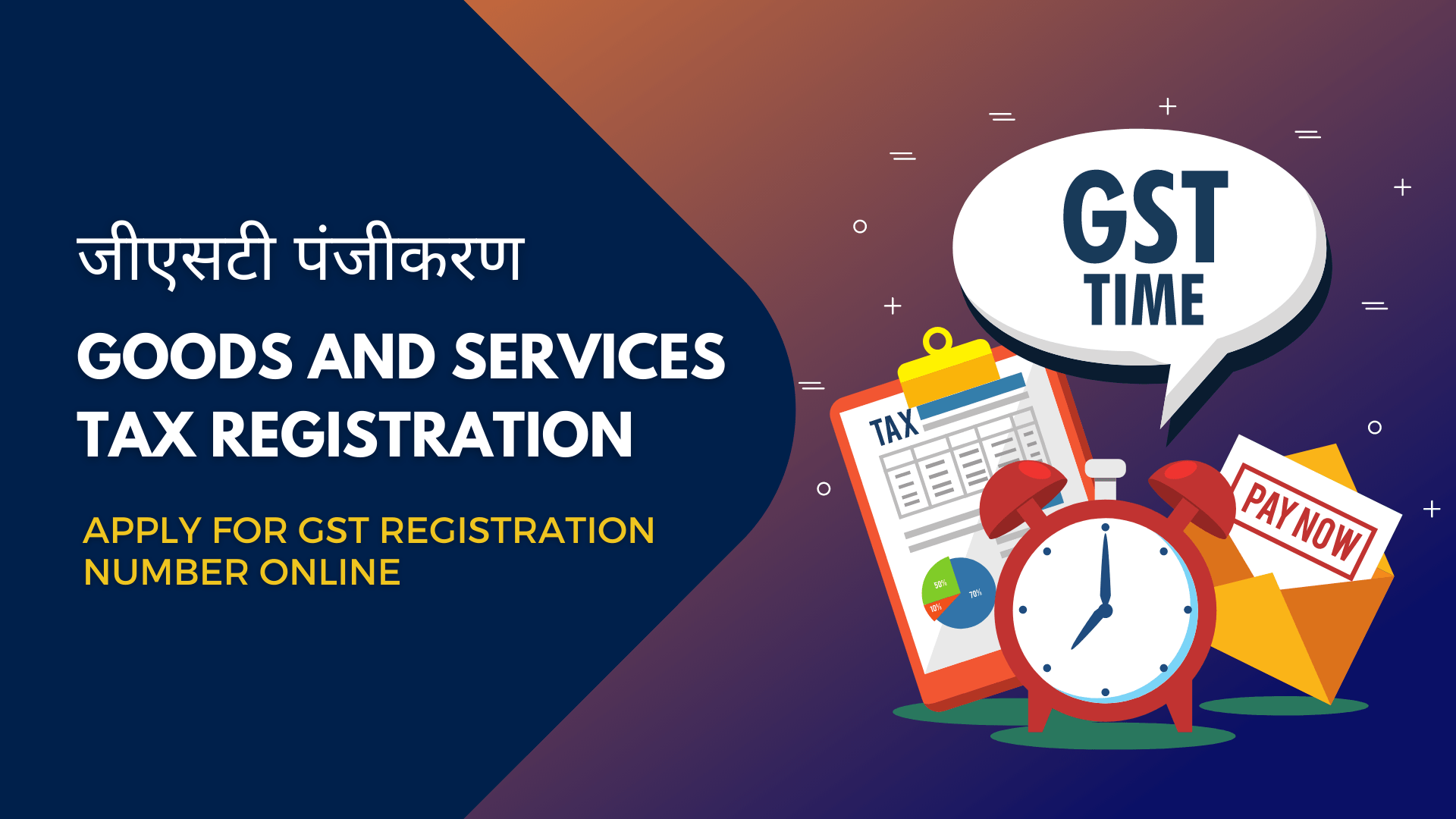Comprehensive Overview to the most effective GST Registration Services in Singapore
Comprehensive Overview to the most effective GST Registration Services in Singapore
Blog Article
From Beginning to Finish: The Ultimate Roadmap to GST Registration for Services Seeking Financial Security
Navigating the intricacies of Item and Services Tax Obligation (GST) registration is a crucial step for businesses making every effort for economic security. From comprehending the essential principles of GST to abiding with post-registration standards, the procedure can seem daunting at very first look. Nevertheless, breaking down the roadmap right into convenient steps can enhance the registration trip for businesses seeking to improve their financial standing. Allow's check out the essential elements that comprise this ultimate roadmap and uncover just how each phase contributes to laying a solid structure for economic success.
Understanding GST Basics
Looking into the fundamental concepts of Item and Solutions Tax (GST) is essential for obtaining a comprehensive understanding of its ramifications on organizations and the economic situation. GST is a value-added tax levied on many products and solutions for residential consumption. It has actually replaced multiple indirect taxes that existed in the pre-GST period, streamlining the tax framework and improving convenience of doing business in India. Under the GST system, both solutions and products are exhausted at a specific rate, which is determined based on their classification. Organizations are required to register for GST if their annual turn over surpasses the threshold limitation established by the federal government. Input Tax Debt (ITC) is a considerable attribute of GST, allowing services to declare credit for taxes paid on inputs, reducing the general tax concern. Comprehending the basics of GST is critical for organizations to follow tax obligation policies, manage their funds efficiently, and add to the country's economic development by taking part in a clear tax obligation system.
Qualification Requirements for Registration
To sign up for GST, companies must meet details qualification standards developed by the federal government. The main qualification need is that any kind of service associated with the supply of products or services with a yearly accumulation turn over above the threshold limit established by the authorities have to sign up for GST. Since the existing regulations, the threshold limit for GST registration is an annual aggregate turnover of 40 lakhs for companies operating within a state, except for special category states where the restriction is 20 lakhs. In addition, specific organizations are called for to sign up for GST regardless of their turnover, such as interstate distributors, laid-back taxed individuals, and companies reliant pay tax obligation under the reverse fee system. It is essential for services to thoroughly evaluate their turnover and deal types to establish their GST enrollment responsibilities properly. Failing to register for GST when eligible can lead to fines and legal consequences, making it crucial for businesses to stick to the defined qualification criteria.
Records Required for Registration
Having fulfilled the eligibility criteria for GST enrollment, organizations should currently guarantee they have the requisite documents in area to proceed with the enrollment procedure efficiently. The records needed for GST registration usually consist of evidence of business constitution, such as partnership act, registration certification, or consolidation certificate for various types of useful reference services. Furthermore, businesses need to supply documents developing the primary place of Related Site service, such as a rental contract or power expense.
Step-by-Step Enrollment Refine
Starting the GST enrollment process involves a collection of organized actions to ensure a seamless and certified registration for services. The primary step is to visit the GST site and complete the enrollment form with precise information of business entity. Following this, the candidate receives a Temporary Reference Number (TRN) which is made use of to return to the application process if it's not completed in one go.
Following, all needed files as per the list offered by the GST portal demand to be published. These documents normally include proof of company registration, address and identification proofs of promoters, financial statements, and company entity's PAN card.

Post-Registration Compliance Standards

Verdict
Finally, businesses looking for economic stability must understand the basics of GST, meet qualification standards, collect needed documents, comply with the detailed registration process, and adhere to post-registration standards - Best GST registration services in Singapore. By sticking to these actions, businesses can make sure compliance with tax obligation regulations and keep economic stability in the lengthy run
Additionally, certain companies are required to sign up for GST regardless of their turnover, such as interstate vendors, informal taxed persons, and organizations accountable to pay tax under the reverse charge mechanism.Having actually met the qualification requirements for GST registration, businesses should currently ensure they have the requisite records in area to proceed with the enrollment process successfully. The records needed for GST enrollment commonly include evidence of organization constitution, such as partnership deed, registration certification, or unification certification for different types of organizations. Additionally, businesses require to supply records establishing the principal location of organization, such as a rental contract or electrical power bill.Commencing the GST registration procedure involves a collection of structured actions to make sure a smooth and compliant enrollment for organizations.
Report this page